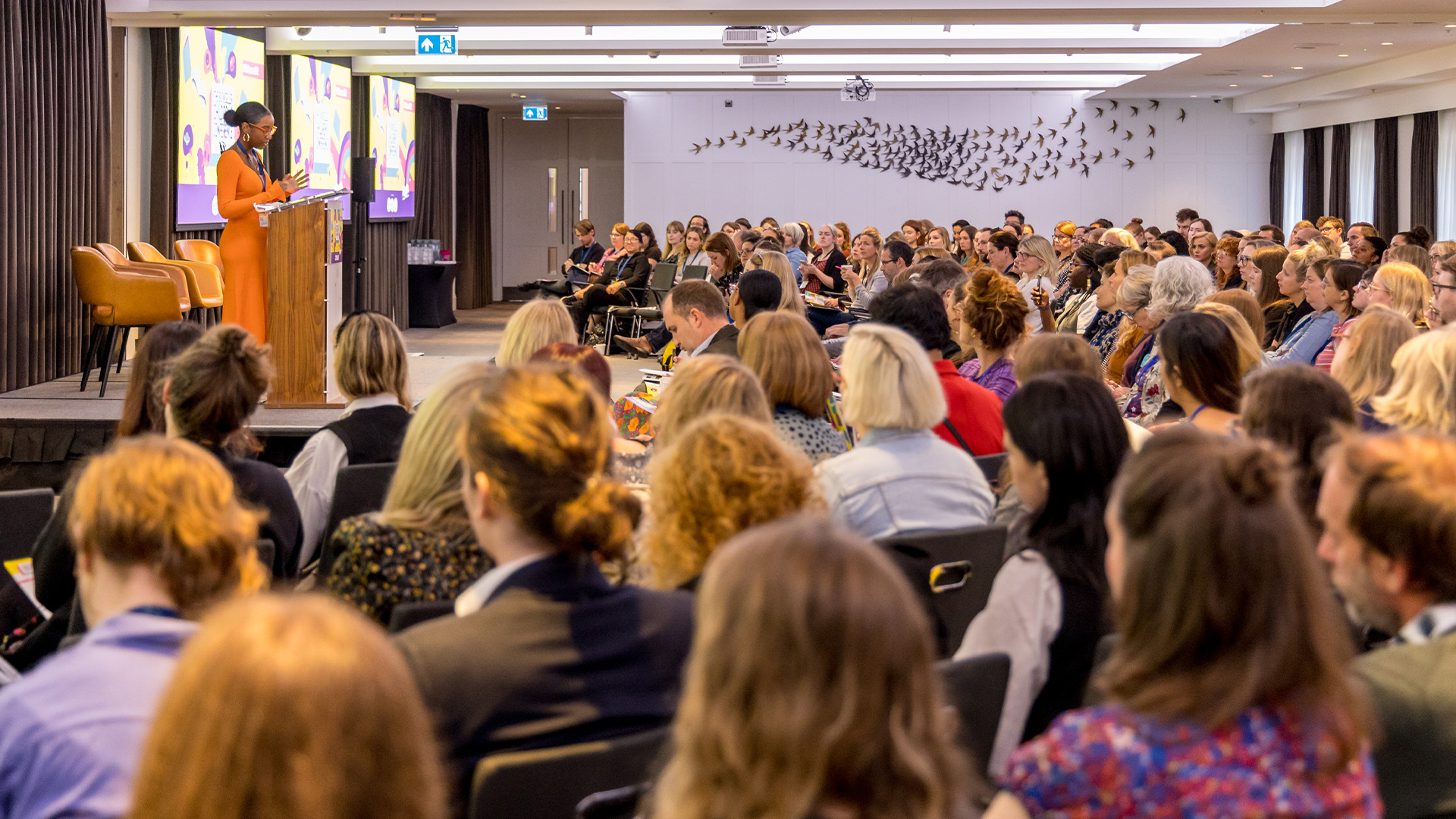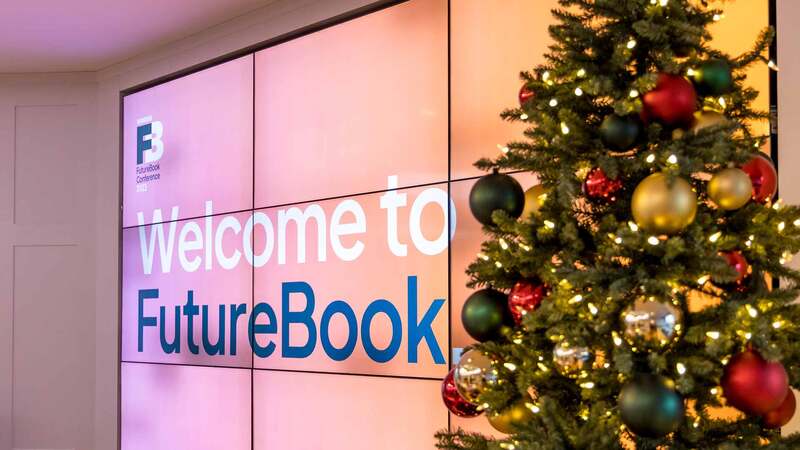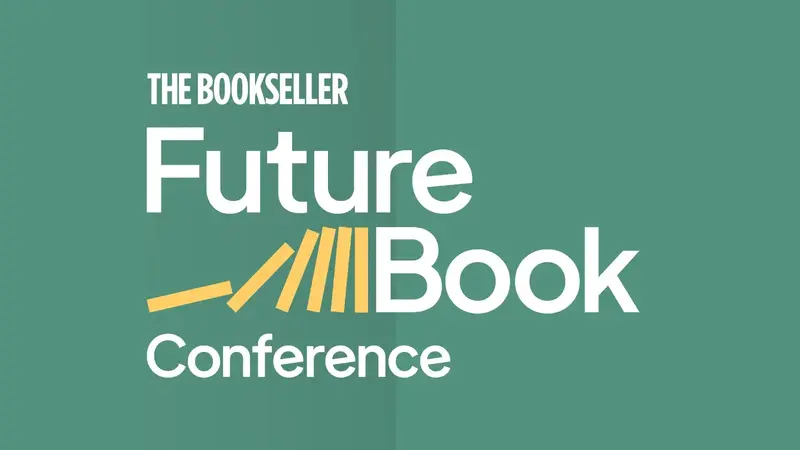You are viewing your 1 free article this month. Login to read more articles.
One from the heart

The theme of The Bookseller Children’s Conference, held this week in London, was “Conversations with Others”. The theme of the forthcoming FutureBook Conference (to be held on 18th November) is “Common Ground”. You might think there is something going on here. You might think that at a time when the world—and publishing—feels a little fractured, we are trying to send out a message. Well, you would be right.
Of course it’s a risk. Conferences are about business. They are not cheap to produce or to attend. Thematically by far the best one we have ever come up with was “Sell More Books”, which we used for the Marketing & Publicity Conference back in 2016. I mean, who doesn’t want to, right? But time moves on. The things that drove us forwards in 2016 (before Brexit, Trump, Jeremy Corbyn, coronavirus, and this Tory Party btw) are not the same things that nurture us today. A recent Microsoft survey found that most of its staff now felt more productive working from home, even if their bosses disagreed. Employees no longer want what they used to need, and that’s a challenge.
We have assumed that publishing was an attractive place to work and that this charm would outweigh the hardships
For years we have assumed that the publishing business was an attractive place to work and that this charm would outweigh the hardships; strip that away, though, and what is left looks kinda gnarly. As Nibbies-winning editor Katy Loftus wrote in a comment piece this week on why she left corporate publishing—“Love doesn’t pay the bills. In a way, love complicates matters.” For all of the talk about how the publishing sector has been pandemic-proof, or recession-hardy, not enough of us have asked how resilient we are. That’s now a necessary conversation, even if as Dan Conway, the new chief executive of the Publishers Association, tells us this week, it will be important to have it “in a way that is helpful in terms of an industry dialogue”.
Yet for all that, I will wager that for those who attended The Bookseller Children’s Conference on Monday there could hardly have been a more collegiate or useful place to be. This remains an industry that when gathered together exudes hope, positivity, a sense of belonging, and an acknowledgement of the challenges ahead. The sessions I sat in looked to describe the world around us in realistic ways and then began the process of looking for solutions. How do we get books (or audio) out to more readers, when more of those readers will be challenged socio-economically? How do we make better books for readers not like me? And do we, as Cally Poplak, executive publisher of HarperCollins Children’s Books and Farshore, tells us this week, need to change the message around reading, so its real benefits become more obvious to more people?
These are all big issues, arriving at a big moment. There’s nothing frivolous about admitting that we need to talk about them and, yes, find some common ground. Sometimes the way to sell more books is to think about why we make them in the first place.


















